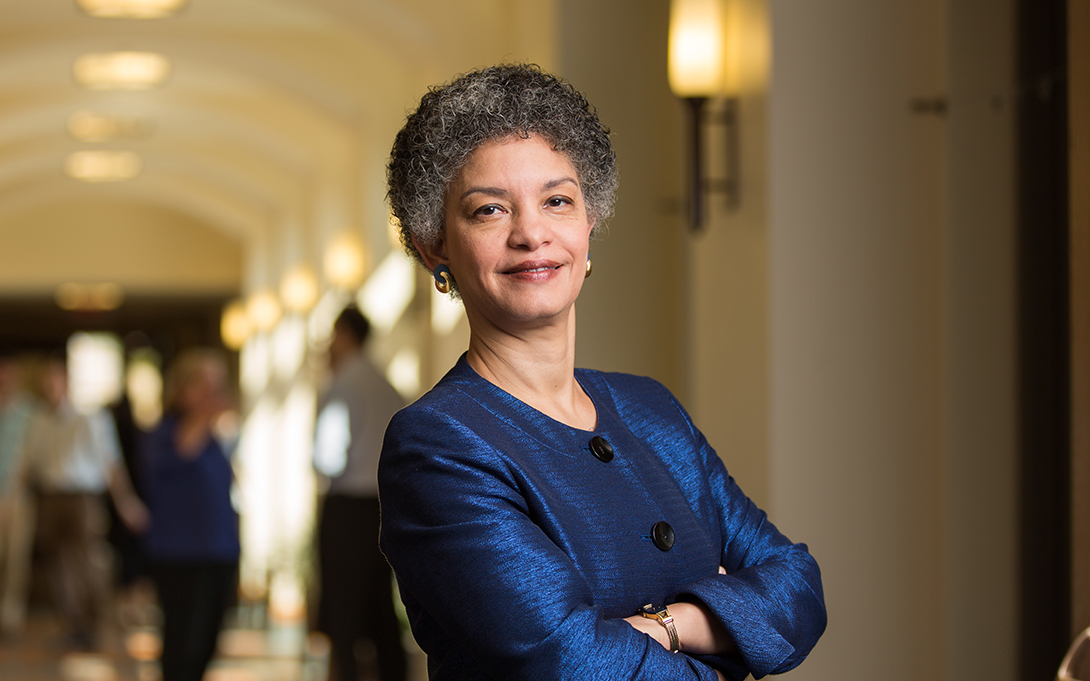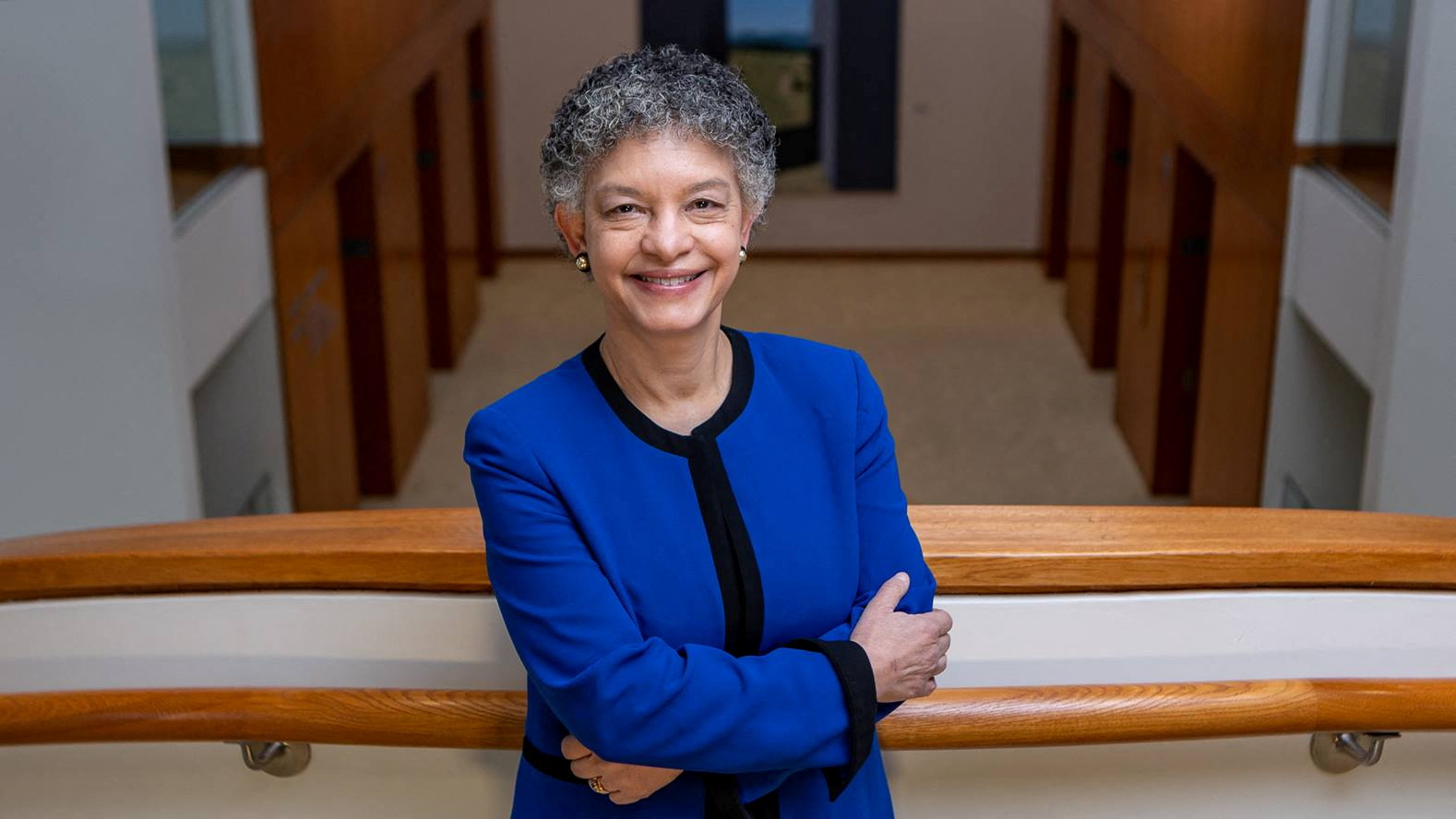Fed Collins: ‘Modest Slowdown’ is Possible
Newslooks- WASHINGTON (AP)
Susan Collins, the new president of the Federal Reserve Bank of Boston, said Monday that a higher unemployment rate will be needed to bring down inflation from unusually high levels, but also suggested any economic downturn would likely be modest. In her first speech as Boston Fed president, Collins said the economy is resilient enough to withstand the higher interest rates needed to combat inflation, which is near a four-decade high. Her comments echoed similar remarks from Raphael Bostic, president of the Atlanta Fed, on Sunday. Fed Chair Jerome Powell has also said that fighting inflation would cause “pain” for households and businesses.

“Accomplishing price stability will require slower employment growth and a somewhat higher unemployment rate,” Collins said in a speech to the Greater Boston Chamber of Commerce.
Collins acknowledged that job losses are painful and said “there is apprehension about the possibility of a significant downturn.” Yet she maintained that “the goal of a more modest slowdown, while challenging, is achievable.”
Her comments added to an ongoing debate about how badly the Federal Reserve’s ongoing interest rate increases — the fastest in more than 40 years — will hurt the economy. By lifting its benchmark rate, the Fed is pushing up the cost of a wide range of consumer and business loans, including for mortgages, auto loans, and credit cards.
Fed officials hope those increases will achieve a “soft landing” by slowing consumer and business spending enough to bring down inflation but not so much as to cause a recession.

Yet many economists are increasingly skeptical that such an outcome is likely. The Fed has lifted its key rate to a range of 3% to 3.25%, the highest in 14 years, yet job growth remains solid and consumers are still spending at a decent pace. That suggests the Fed may have to push rates higher than expected to slow consumer demand and inflation.
At a policy meeting last week, the Fed lifted its short-term rate by three-quarters of a point for the third straight time. Fed Chair Jerome Powell, at a press conference after the meeting, said that “the chances of a soft landing are likely to diminish” as the Fed steadily raises borrowing costs.
“No one knows whether this process will lead to a recession or, if so, how significant that recession would be,” Powell said.

One challenge for the Fed is that last week it also released its quarterly economic and interest rate projections. They showed that Fed policymakers expect unemployment to reach 4.4% by the end of next year, up from 3.7% currently.
According to a rule of thumb discovered by the economist Claudia Sahm, every time since World War II that unemployment has risen by a half-percentage point over several months, a recession has followed.
Collins is one of 12 voting members of the Fed’s policymaking committee and is the first Black woman to serve as president of a regional Fed bank. She was sworn in July 1. Collins previously served as executive vice president at the University of Michigan and served on the board of directors for the Chicago Fed.
In a question and answer session after her speech, Collins also said that inflation, which reached 9.1% in June from a year earlier, and has since fallen to 8.3%, “perhaps may have peaked.”
Even if that’s true, many economists worry it will be difficult to get inflation down close to the Fed’s 2% target. The Fed doesn’t expect to do until late 2024, according to its most recent projections.
Atlanta Fed President Bostic, in an interview Sunday on CBS News’ “Face the Nation,” also said “we need to have a slow down” to get inflation under control.
“But I do think that we’re going to do all that we can at the Federal Reserve to avoid deep, deep pain,” he added.







